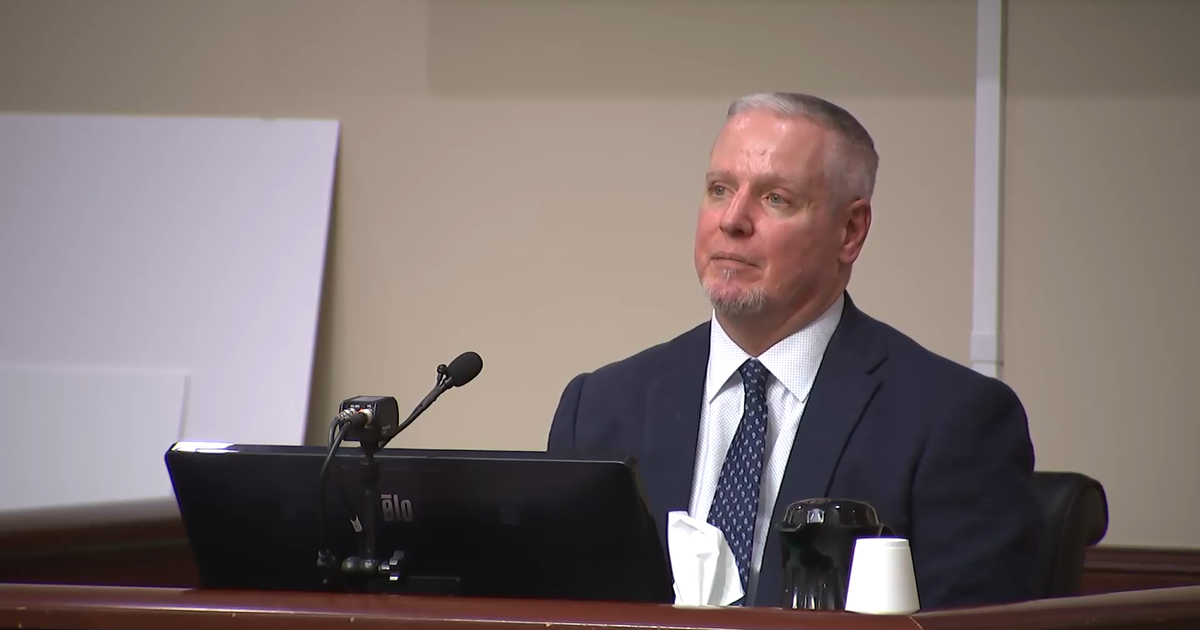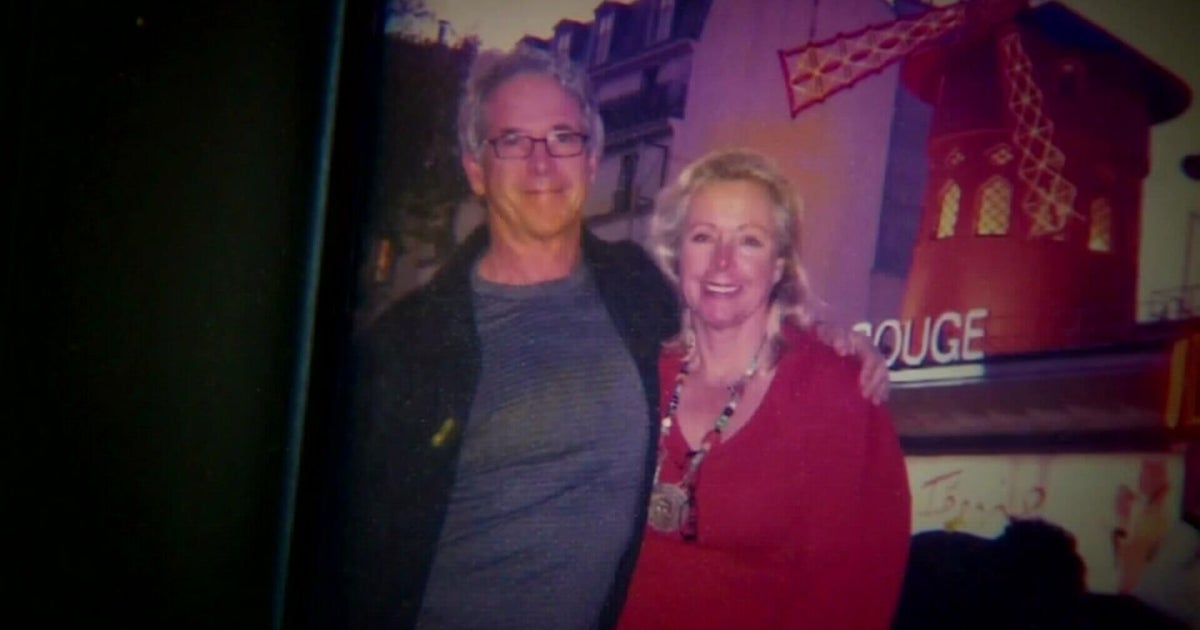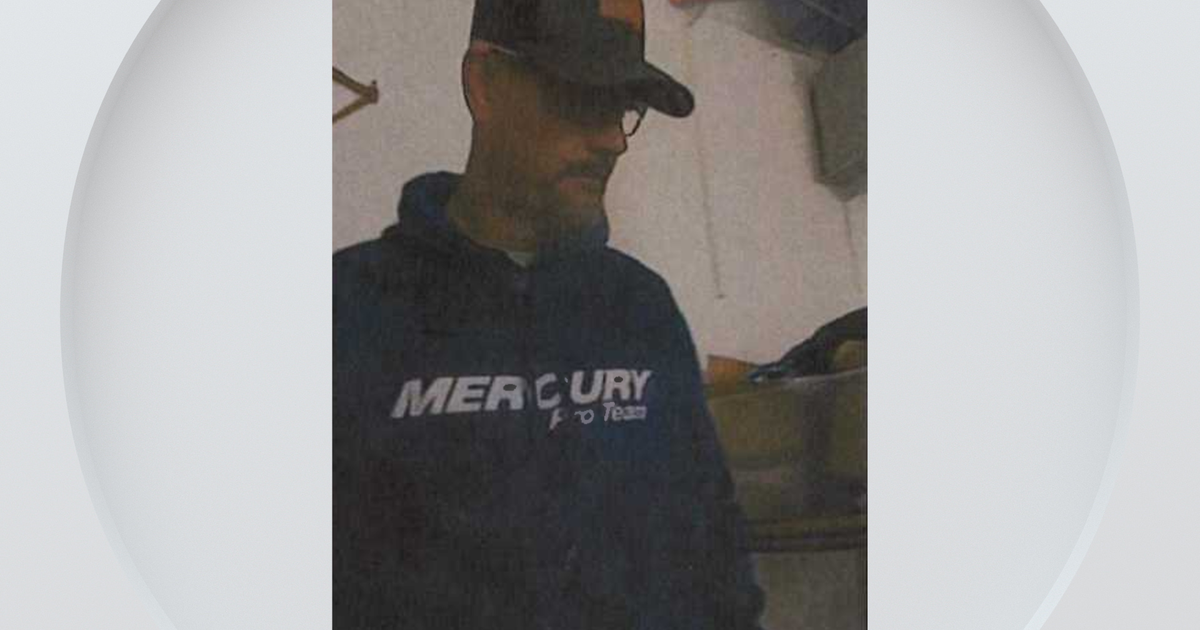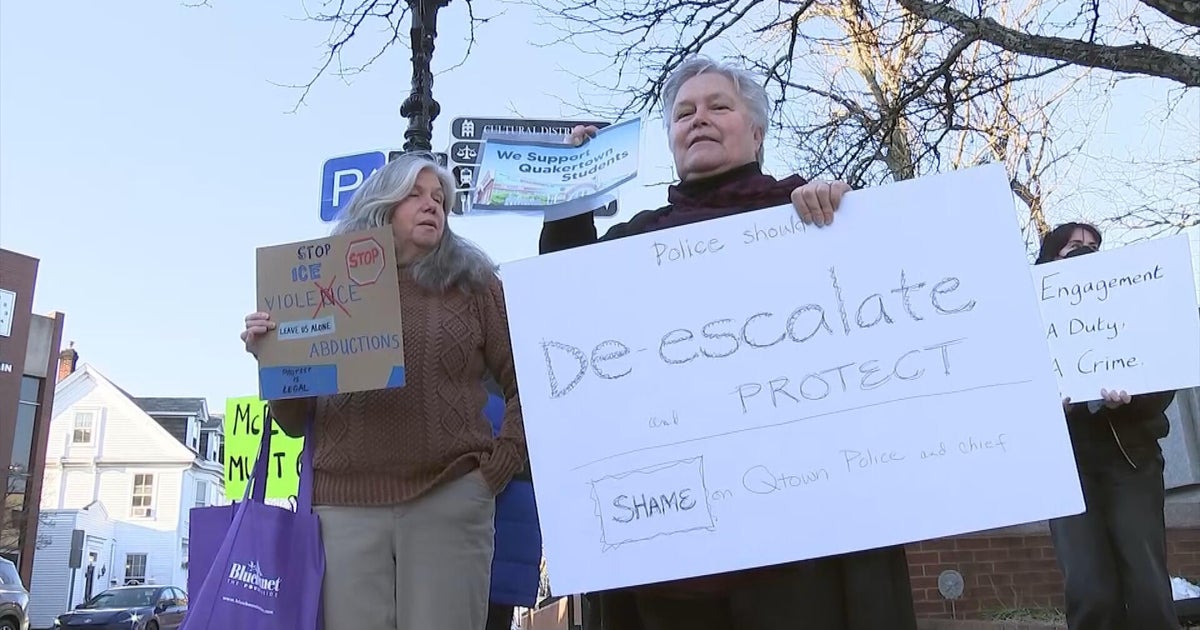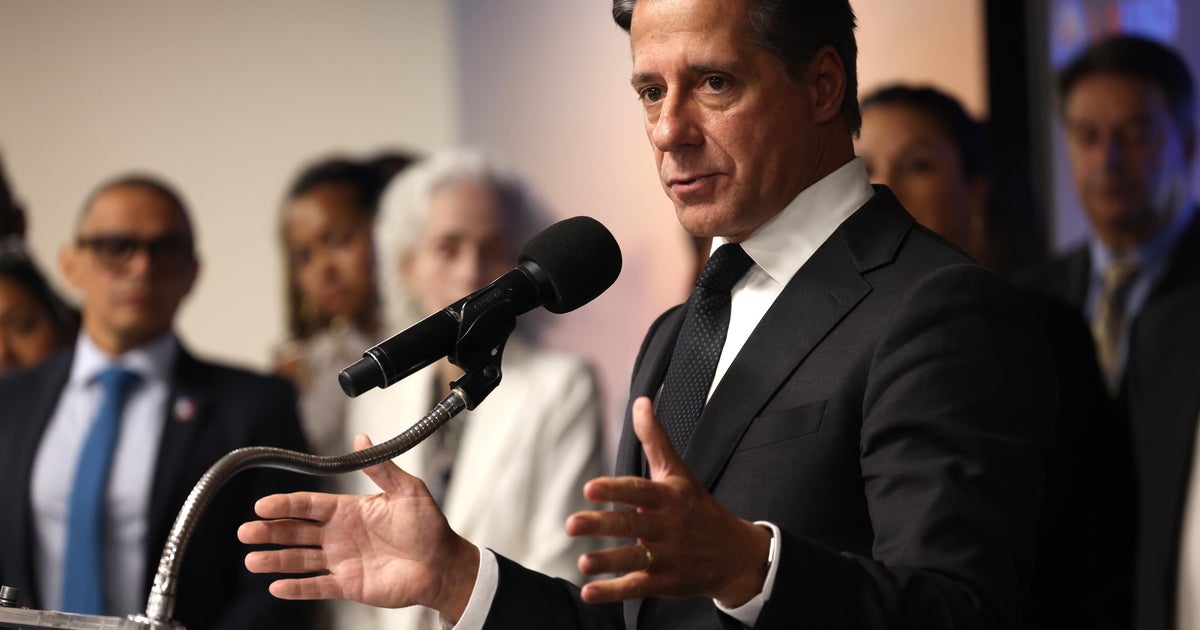CBS4 Investigates: Should Doctors Ask Patients About Guns?
MIAMI (CBS4) - Alex Martinez was a family man, a father of two young sons, and Debra Martinez's husband.
"He was entertaining, but he was also private and quiet and had a serious side," Debra Martinez told CBS4's Gio Benitez.
And with that serious side came some dark secrets, secrets that his widow claims, killed him.
"I just wish he was here," said Martinez.
Alex was a South Florida nurse for decades. But he had a problem.
"He drank a six-pack a day," explained his wife.
In July 2009, Debra says the hospital he worked for placed him in an addiction treatment program. He spent six days there.
On July 21st, 2009, just one week after his release, Alex took a gun he had at home and shot himself in the head.
"And I just begged him to reach out to somebody," said Martinez. "Talk to somebody."
Debra heard him talk about suicide before. She tells me about a phone call she got months before his death.
"He had told me that he was driving, on an exit ramp, and he just wanted to go over, you know? Just keep going," she told Benitez as she began to cry.
Debra says the treatment center never asked about that incident. Did they ask if Alex owned a gun?
"Nobody asked me, nobody asked him," said Martinez.
"There's these classic signs and symptoms, and they were there, they just weren't seen until it was too late," said attorney Spencer Aronfeld who represents Debra in a lawsuit against the treatment center and hospital.
"If there's access to a firearm, the family members need to be asked about this as well," Aronfeld insisted.
And Florida legislators are talking about the issue right now.
This June, Governor Rick Scott signed the Firearm Owners Privacy Act into law, restricting doctors from asking patients about guns. Benitez sat down with Governor Scott.
"That bill allows doctors to ask if they're concerned about the patients safety or health," the Governor told Benitez.
But doctors disagree and went on the attack.
The Journal of the American Medical Association called it censorship of the patient-physician relationship.
The American Academy of Family Physicians says an open conversation about guns at any time is important. In a statement they had this to say:
"Firearms education has been shown to decrease the likelihood of unintentional injury or death."
Said Governor Scott, "First of all, we need to deal with the fact that we have a right to bear arms in this country with the Second Amendment, and so we try to make sure you have that right."
In September, a twist. A Federal judge blocked the law saying that doctors had a constitutional right to ask about guns.
Governor Scott has said he'd appeal that decision.
Meanwhile, Debra said her husband's case is a clear example of what could happen if medical professionals can't ask certain questions.
"All I know is that when somebody comes out of treatment for an issue like alcohol, they should be helped. Not come out of it and die," insisted Martinez.

